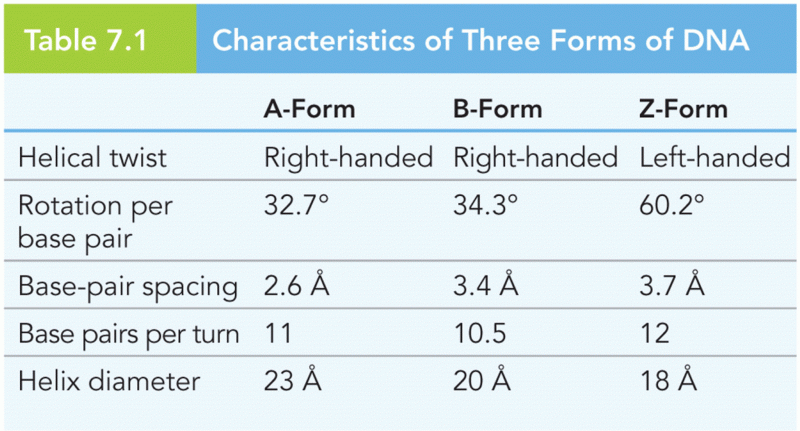|
|
|
Increased intake of vitamin D has been shown to reduce fractures up to 25% in older people.
Cancer has been around as long as humankind, but only in the second half of the twentieth century did the number of cancer cases explode.
In 1844, Charles Goodyear obtained the first patent for a rubber condom.
Drug abusers experience the following scenario: The pleasure given by their drug (or drugs) of choice is so strong that it is difficult to eradicate even after years of staying away from the substances involved. Certain triggers may cause a drug abuser to relapse. Research shows that long-term drug abuse results in significant changes in brain function that persist long after an individual stops using drugs. It is most important to realize that the same is true of not just illegal substances but alcohol and tobacco as well.
More than 2,500 barbiturates have been synthesized. At the height of their popularity, about 50 were marketed for human use.







